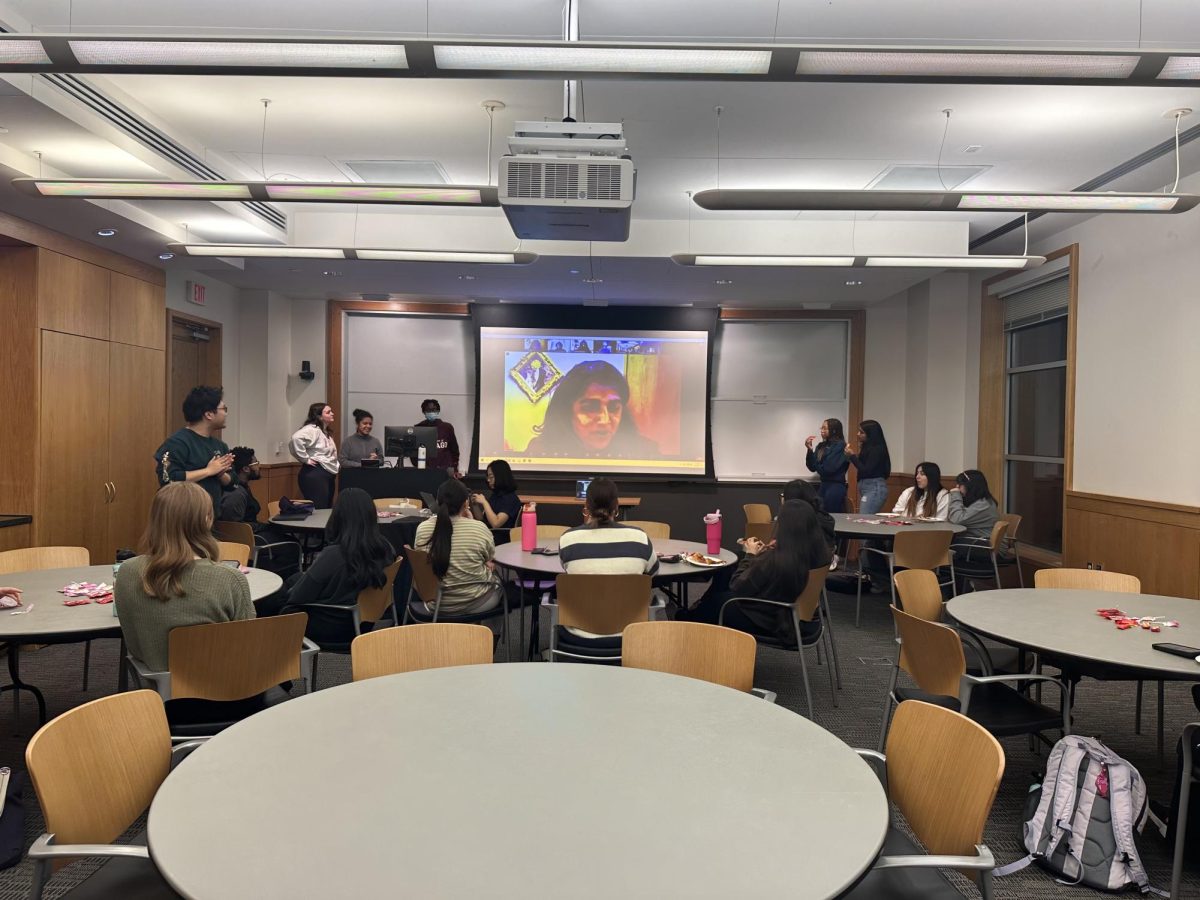The TCU administration is encouraging faculty to teach more classes in person next semester.
Provost Teresa Dahlberg asked faculty in an email Friday to teach in person “as much as possible.” This comes after Thursday’s Faculty Senate meeting when Dahlberg supported the Student Government Association’s resolution to ask instructors to develop more fully on-campus classes in the spring.
Also, earlier in the week, Faculty Senate Chair Sean Atkinson hosted a panel to allow four instructors who are teaching hybrid classes to share their experiences with faculty attendees.
Dahlberg wrote that while some students may do well in a virtual learning environment, messages from first-year and transfer students and students with learning disabilities or mental health challenges show they are “stymied by the virtual environment in their ability to engage in their courses and in the Horned Frog community.”
Read more: SGA resolution passes to support in-person class
In addition to the dual-mode and online-only teaching modalities, TCU will offer two more options next semester: an in-person-only format, where students will only be able to attend class virtually if they are isolating or in quarantine, and an alternating format, where instructors will teach all students in person once each week and online for the other one or two class sessions.
TCU will also be paying student engagement facilitators in the dual-mode option to help with technology and engagement of students participating virtually. The original offer was $300 per on-campus course, but Dahlberg said the university would pay more, after academic deans requested a higher amount.
“Fortunately, faculty endorse student engagement facilitators as a game-changer to engage students in this dual mode,” Dahlberg wrote.
However, faculty and students have raised concerns about on-campus students who attend class via Zoom from their residences, rather than going to class in person.
In response to this, Dahlberg wrote in the email the administration plans to collaborate with SGA to create “peer influencer ‘attend class’ messaging this semester as an additional tactic to encourage students to attend class.”
“We wear masks to protect others, not just ourselves. In the same way, we will encourage in person class attendance to catalyze the Horned Frog connected experience for others, not just ourselves,” she wrote.
In addition, Dahlberg wrote they are working with advisers to encourage students to consider the locations of their classes, landing zones and residences to prevent them from rushing to and from classes during the day.
Dahlberg also noted in the email that to date, no cases of COVID-19 have been transmitted in the classroom, and she provided other incentives for faculty to teach in person. These include more flexible and convenient parking options, free food swipes and funds for teaching more sections.












